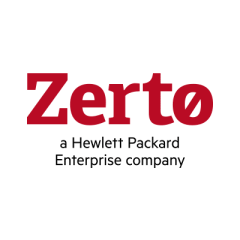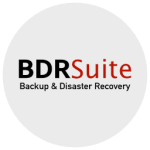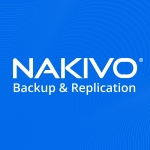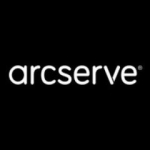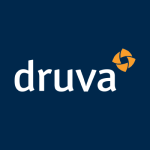Zerto is our main application for curbing risks. We use it to protect our workflows on applications from threats that can come from the cloud and on-premises.
Before Zerto, our organization kept experiencing some attacks. Our data was not safe. There were frequent attacks on our data, and that is why we decided to deploy Zerto.
It helps to ensure that our organization's data is safe from any latest threats.
It ensures that our applications are protected. We have high-security firewalls that cannot be attacked or broken by ransomware attacks.
Zerto can block unknown threats and attacks. It has security measures in place to stop any threats that can harm our data.
When it comes to data capacity, Zerto provides an assessment of data replication that can be orchestrated to feed the data protection models.
We used to mostly have on-premises applications, but after the deployment of Zerto, we are able to move to the cloud and ensure that our data is secure from both sides.
When it comes to cloud recovery, Zerto ensures that data transfer from the cloud to our organization is safe. It cannot be easily attacked with malware or by cybercriminals. It is very important to us that our database is safe and the data on our cloud servers cannot be interfered with by external or anonymous users. It ensures that the data for the organization is channeled for the right purpose and through the right infrastructure.
We use Zerto to support DR on the AWS platform. The support has been very good, and I would recommend it. The performance has been good, and our data has always been safe.
I have not had any difficulties with data migration. Since we deployed Zerto, data migration has not been a challenge.
Zerto helps our organization to be in the right direction when it comes to data protection and recovery from both on-premise and cloud servers. When there is anything crucial or any challenge, their customer support team provides a timely solution, which helps with performance.
The recovery management has been efficient. We can use the tools to accommodate any form of data for future retrieval. Our data is safe.
Zerto has been excellent for our RPOs. When it comes to disaster recovery, the company makes sure that we have the right tools at the right time to ensure that we do not have any data recovery challenges across the enterprise.
Zerto has saved a lot of time. We used to take eight hours, but now, it takes us six hours to accomplish most tasks and projects based on the data flow.
Zerto has reduced the number of staff involved in a data recovery situation. We have 20% less staff.
Zerto has also reduced the number of staff involved in overall backup and DR management.
Its user interface is excellent, and when it comes to data duplication, Zerto is very fast.
Their customer support team ensures that we get timely updates and provides status or data on threats to help us ensure that our applications are safe.
The cost of deploying and running this platform is also good as compared to other platforms.
Overall, Zerto is doing a very good job. We have experienced a few downtimes on networking. Most of the time, they come up with a solution immediately to sort out any challenge that may affect data flow or data migration. It does not happen frequently. We might experience it once in two months, but when we face any downtime, it does not impact the data.
I have been using Zerto for the last six months.
It is a stable product. I would rate it a nine out of ten for stability.
It is very scalable. I would rate it a ten out of ten for scalability.
Their support is good. Their technical support team has been doing well. I would rate them a nine out of ten.
We were not using a similar solution previously.
It was not complex. It was simple. The deployment was simple and clear. It took a few hours.
We had four people involved in its deployment. Overall, we have eight people who work with this solution.
We have seen positive returns on investment. We have achieved a lot, and our performance keeps on improving. We have seen an 80% ROI in the past six months.
Its price can be better, but it is not bad. Most small-scale organizations can afford it, but they can come up with more customer-friendly packages.
We did not evaluate other options. For now, we are okay with Zerto.
Overall, its performance has been good, and I would recommend it to other organizations. It is a good solution that can help any organization to achieve projects based on data management.
Overall, I would rate Zerto a nine out of ten.

